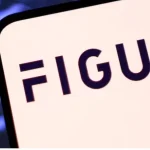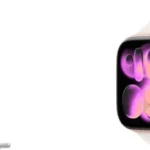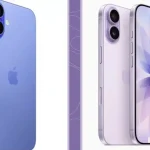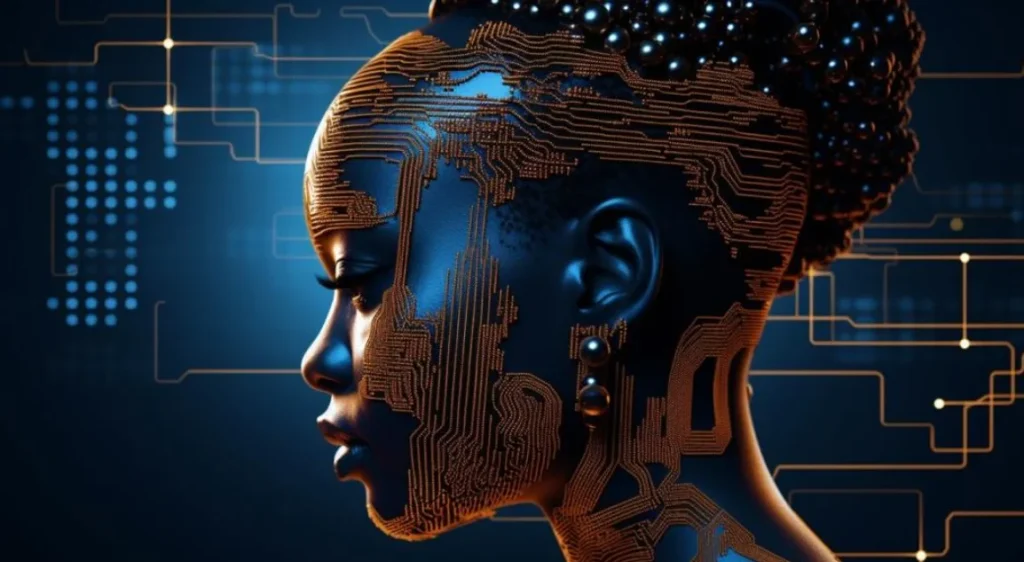In today’s fast-paced, tech-driven world, going tech-free might seem radical or even impossible. Yet, more people are embracing the idea of a digital detox, choosing to disconnect for hours, or even days, to reclaim peace of mind.
Millennials may be the last generation to truly experience life both with and without constant connectivity. Gen Z, by contrast, has never known a world without smartphones, social media, and instant notifications. Unsurprisingly, both groups now admit that they are heavily reliant on technology for work, social interactions, and daily living. And just a few hours offline is enough to reveal the truth: we are addicted to our devices.
The Toll of a Tech-Saturated Life
Technology has undeniable benefits. But its constant presence can be draining:
- Endless work notifications disrupt focus.
- Social media pressure creates anxiety and FOMO.
- The “always online” culture leaves no room to truly switch off.
This digital overload is fueling burnout, social media bullying, depression, and in extreme cases, even death. The unsustainability of such a lifestyle is becoming increasingly evident.
Real Stories of Going Tech-Free
For many, the wake-up call comes unexpectedly.
Fariha Toma, 30, freelancer:
“I first noticed that technology was the culprit behind my exhaustion when I lost my phone while on vacation, and appreciated the peace! I made more friends and memories without constantly reaching for my phone.”
Rashida Raimin, stay-at-home mom:
“When I started down the tech-free path, it was scary. I felt like an addict, reaching for my phone every five minutes. I had to hide it in a drawer. Knitting helped me break the cycle.”
Fidia Mannan, MBA student:
“Putting down my phone and connecting with people in real life allowed me to make valuable connections. To think, all these resourceful people were around me while I was stuck on Instagram!”
These stories highlight a truth many of us resist: a digital detox isn’t easy, but it’s transformative.
Why a Digital Detox Matters
Going completely cold turkey on tech isn’t realistic. But taking conscious breaks has benefits:
- Improved mental health: less anxiety and reduced stress.
- Better relationships: deeper real-life conversations and connections.
- Productivity boost: fewer distractions lead to better focus.
- Mindfulness: more presence in everyday activities.
It’s not about rejecting technology entirely, it’s about finding balance.
How to Start Your Digital Detox
If you’re ready to take a step back, here are some practical tips:
- Set device-free hours – Start with one hour daily where you avoid screens.
- Hide your phone – Keep it out of sight when working, eating, or resting.
- Replace scrolling with hobbies – Reading, knitting, journaling, or exercising.
- Use apps to limit apps – Ironically, some apps help you monitor and reduce screen time.
- Take social media breaks – Delete apps temporarily or set strict usage limits.
Final Thoughts
A digital detox doesn’t mean abandoning technology, it means learning when to switch off. By pausing from constant notifications, we allow space for creativity, connection, and calm.
As Fariha, Rashida, and Fidia discovered, sometimes the best way to recharge is to disconnect. After all, technology should serve us, not the other way around.










